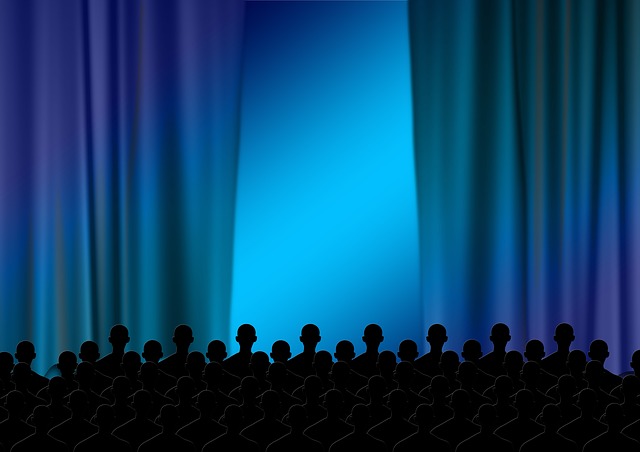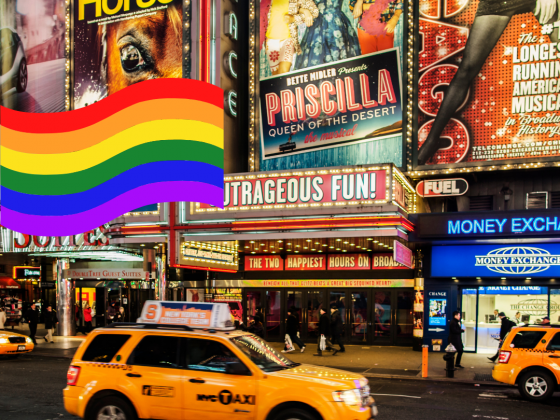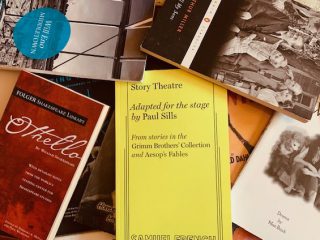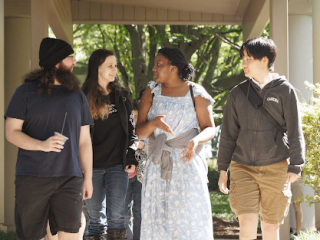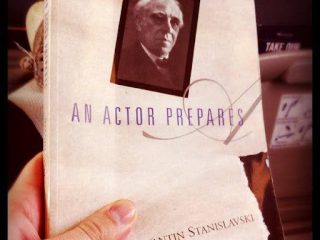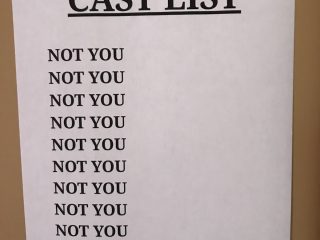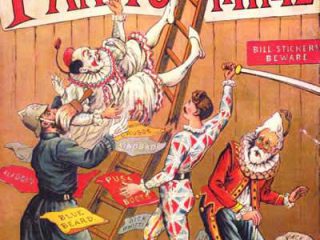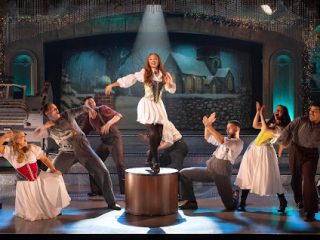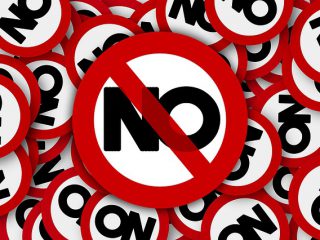When I was a kid, I was…big. Okay, I’m still big. I’m a thick actor scream-singing along to Lizzo in my car on the way to work, wondering if I, too, can pull off a shiny bodysuit.
When I was in high school, (reminder: big!) I auditioned for a fancy performing arts school. The interviewer looked at me after I delivered my angsty teen monologue. He wrinkled his nose, took off his glasses. His next question was nearly a sigh. “So uhhh, what’s your…TYPE?”
“Type” was not a word that my tween acting training had taught me. I stared blankly. The interviewer, small and tired, squinted. “I’m asking you your type.” I was silent, confused, my tongue thick in my mouth. He clarified, “Ok honey. In Romeo and Juliet, who are you? Who am I casting you as? Are you Juliet?”
Oh okay. I got it. I knew exactly what to say. I looked at the tired man who had been in auditions with youths all day, exhausted, and barely able to summon up feigned interest. With a new confidence I said, “Sir. I’m an actor. I’m whoever you want me to be. I’m Juliet, I’m Lady Capulet. I’m Romeo if you want.” After all, isn’t that what acting is? Creating a character? Being someone else?

Yeah well, that was the wrong answer. My 15-year-old fat idealism was the wrong answer. The right answer? I’d play the nurse. I’m the nurse in Romeo and Juliet. I’m the big girl with the big mouth; I’m the comic relief in the tragedy. I can be pudgey and bawdy because that’s funny. That was the answer he was looking for. This was 2002.
And so instead of Juliet, I played…drunks and roaches, mothers, grandmothers, burly men. Comic relief roles that pop in for a scene, then leave. But never really someone who was meant to be…beautiful.
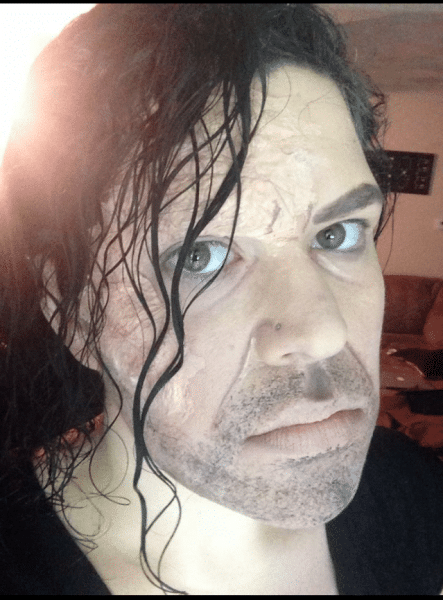
So where are we now, 20 years later? Can I…be Juliet?
Usually? Nah, probably not. I can count on one hand the number of times I’ve seen a plus size character have a sensual bedroom scene where she is considered an object of romance and lust–in a way that is not meant to be gross or funny. You can cut that number by a considerable amount if we take out the ones where fatness is in the character’s major storyline.
But typecasting is about so much more than just sizeism.
I taught a workshop a couple of years ago, and I asked participants to share their favorite TV shows. They listed a ton of awesome popular programs. Shows we agreed had excellent writing, talented performers. Shows we all knew and loved. Then I asked–which of these had a lead who was a person of color? Or a member of the LGBTQ+ community?
There just weren’t many examples to pick from. We found that, at best, some of our favorite shows involved a diverse array of supporting characters, (The Office! Brooklyn 99!) but the leads?
The leads, the ones whose stories were really being told here, were…mostly white. Mostly thin, fit, cis, straight, without disabilities. Often male.
And where does that leave…everyone else? Are the other stories only meant to be tragedies, if told at all? As leads–are those characters only to be pitied, laughed at, or saved by someone else? There’s plenty of media you can find showcasing Black strife and white savior narratives, children with disabilities being uplifted by some big-hearted leading man, trans characters running from physical harm after being called a slur. Lots of things we can watch and cry about, leaving us with a very narrow, skewed understanding of the people represented.
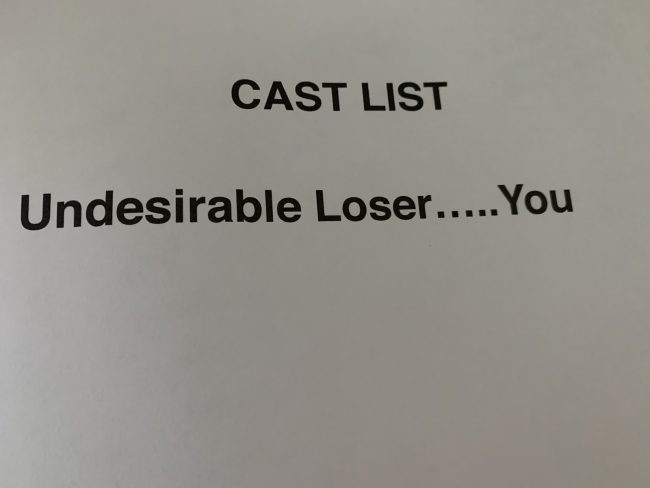
Or instead, we throw those actors in some side-parts in the name of inclusivity, but very often in roles whose main job is to support the story arc of the same lead character we’ve always watched. Need a laugh? Don’t worry, I’m sure we’ve got a gay best friend to throw in a sassy one-liner with no real backstory of his own!
Where are all of the everyday love stories showcasing the true range of humanity? Where are the nuanced, three-dimensional characters with real story arcs who don’t look like the cast of Mad Men?
What do I want? Plays, movies, and television where you see your own body, and the bodies of your friends, and the bodies of your non-friends, represented and validated. You are the hero, the villain, the best friend, the scientist, the model, the parent, the love interest. You are anyone and everyone, because we acknowledge that everyone can be anyone.
And I don’t want just two shows that I can point to as examples. I want hundreds. Thousands. I want them to be inescapable in the same way that I could not escape the leads of every rom-com from 2001.
“Type” perpetuates whiteness as default, racial stereotypes, gender conformity, heteronormativity, ageism, ableism. All of it. All of it. It implies that only certain people are worthy of having their stories told. Only certain people are lovable, lustable, interesting, watchable. Only a select few can carry the show, baby.
But I’m not buying it. I’d watch your show. Because you, too, are worthy of being the hero, the love interest, the lead. We all are. Geez, imagine if it could feel that way for everyone?
Hey Romeo. It’s me, Juliet.

